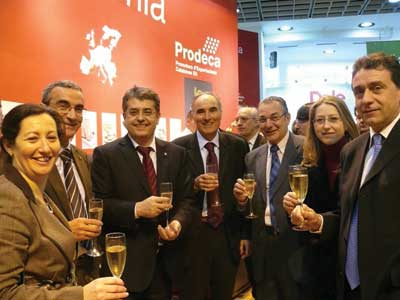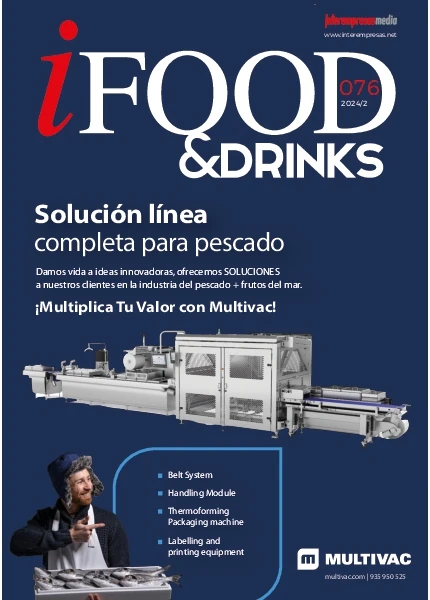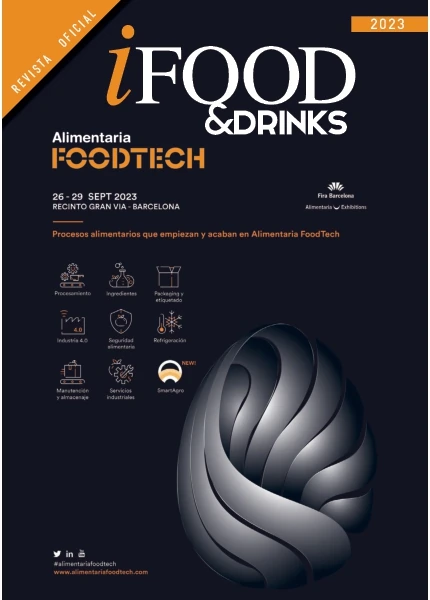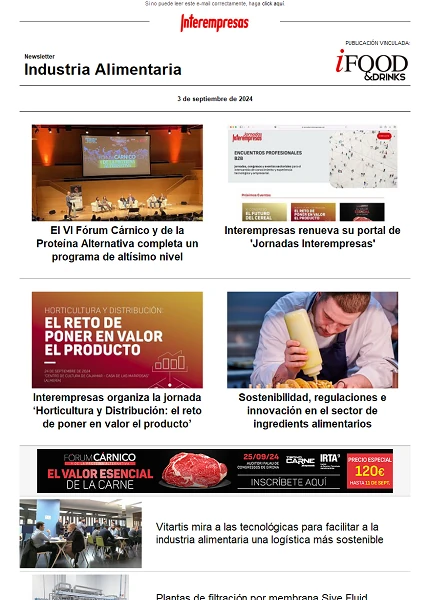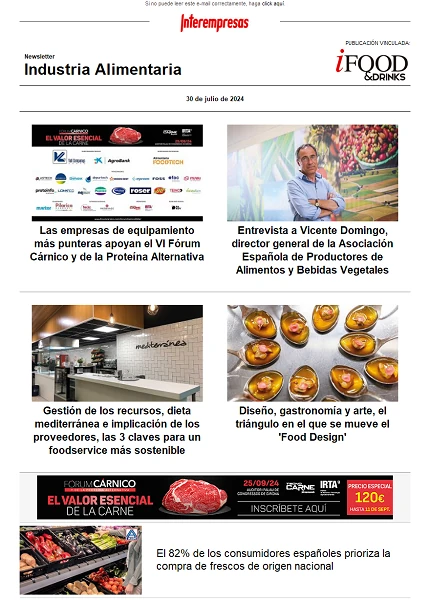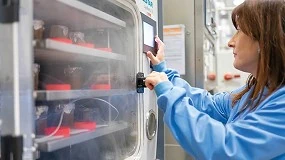According to the study, 68 per cent of surveyed Europeans prefer apples with a medium level of acidity and sweet
They have a test of consumer of new Apple cultivars in Fruit logistics 2008
February 15, 2008
The conseller d' agriculture, Alimentació i Acció Rural of the Generalitat de Catalunya, Joaquim Llena, presented within the framework of the international exhibition Fruit logistics held in Berlin from 7 to 9 February, the results of a test of consumer of new varieties of apples, which has coordinated the
Institut de Recerca i Tecnologia Agroalimentàries (Irta), the give. The test has been developed within the programme of work referred to as 'Implementation of new varieties of apples based on the preferences of consumers', within the framework of the European project research Isafruit.
The Counselor stressed that study demonstrated that "promoting not only you can do with criteria of marketing but that it is necessary to apply scientific criteria to get to know the preferences of consumers". This is the objective of the Isafruit project, which has counted with the participation of 60 research institutions, universities and companies in Europe. Full also added that it is a study pioneer still is being finalized and that will allow companies in the sector to know what are the favorite varieties of apples and what is the level of demand for the consumer.
The full Counsellor, third from the left, at the stand of Prodeca's logistic Fruit fair where the study was presented.
The test was carried out during the months of January and February 2007 in seven European countries (Poland, Germany, Holland, France, Switzerland, Italy, and Spanish State) and which have involved a total of 4.290 consumers. In Spain, the test has been in Barcelona, Girona, Valencia, Zaragoza, Madrid and San Sebastián. Eleven varieties of apples have been evaluated by consumers: considered three already established and known by the consumers (Golden Delicious, Fuji i Jonagold), and eight new varieties (Ariane VOC, Rubens, Kanzi, Ligol, Junami, Pink Lady, Goldchief and Wellant)as well as being high gustatory quality constituting a good representation of the sensory space. Consumers, after taste six of them eleven varieties, filled a questionnaire that scored each variety individually from the point of view of taste and appearance. In addition, were asked if they would increase consumption of apples if they contains of that variety in particular cataban.
The study has generated three relevant results: the construction of a sensory of the varieties of apples map; the grouping of European consumers in six groups according to their preferences and which in turn can be grouped into two major groups; and a map of the preferences of these groups of consumers.
The analysis of the results has led to group consumers into two groups. The first represents 68 per cent of European consumers who have participated in the test. As for the flavor preferences are characterized by varieties of apples sweet and aromatic with a level of acidity medium. The second large group, with a 32 percent of consumers prefer acidic, juicy apples, and crunchy.
The analysis of the data also reveals that a high percentage of consumers, variable according to the established groups, would increase consumption of apples if offered them varieties that satisfy your preferences. This, coupled with the fact that most appreciated varieties from the visual point of view do not match the preferred from a gustative point of view, indicative of the importance of communicating and properly informed of the organoleptic characteristics of them new varieties. Within the same programme of work, has been a test of new varieties of peaches and nectarines during the month of August, 2007. The results are at the stage of analysis and will be presented soon.
Isafruit
Isafruit is a European research project funded by the 6th framework programme for research and development of the European Union, and is aimed at increasing fruit consumption through a multidisciplinary approach and with a view of the consumer-oriented value chain. The pillars of research covered include research on consumers, fruit and human health, product processing, improving quality and sustainability in pre and post-recogida, and genetics of the quality. The study is included in this last section called the 'Pillar 6 genetics of the quality of fruit and implementation of new varieties'. This project involves a total of 60 research institutions, universities and private companies mostly from the Unió European (EU) but also of Switzerland, Norway, United States and Nova Zealand. The project began in 2006 and has a planned duration of 54 months. The expected total cost is 21.4 million euros, 13.8 of which will be provided by the EU.
Related Companies or Entities
Institut de Recerca i Tecnologia Agroalimentària - IRTA
